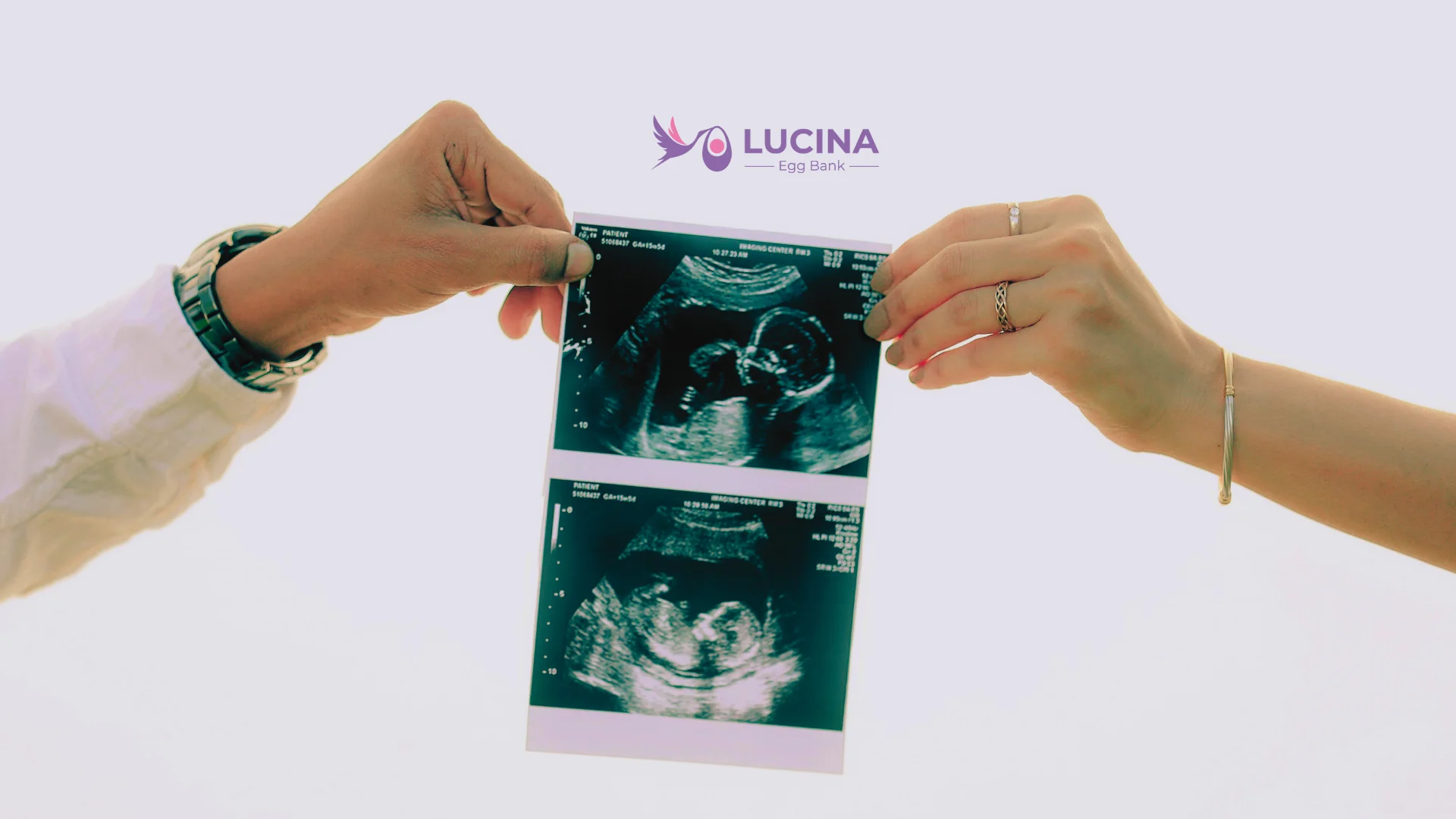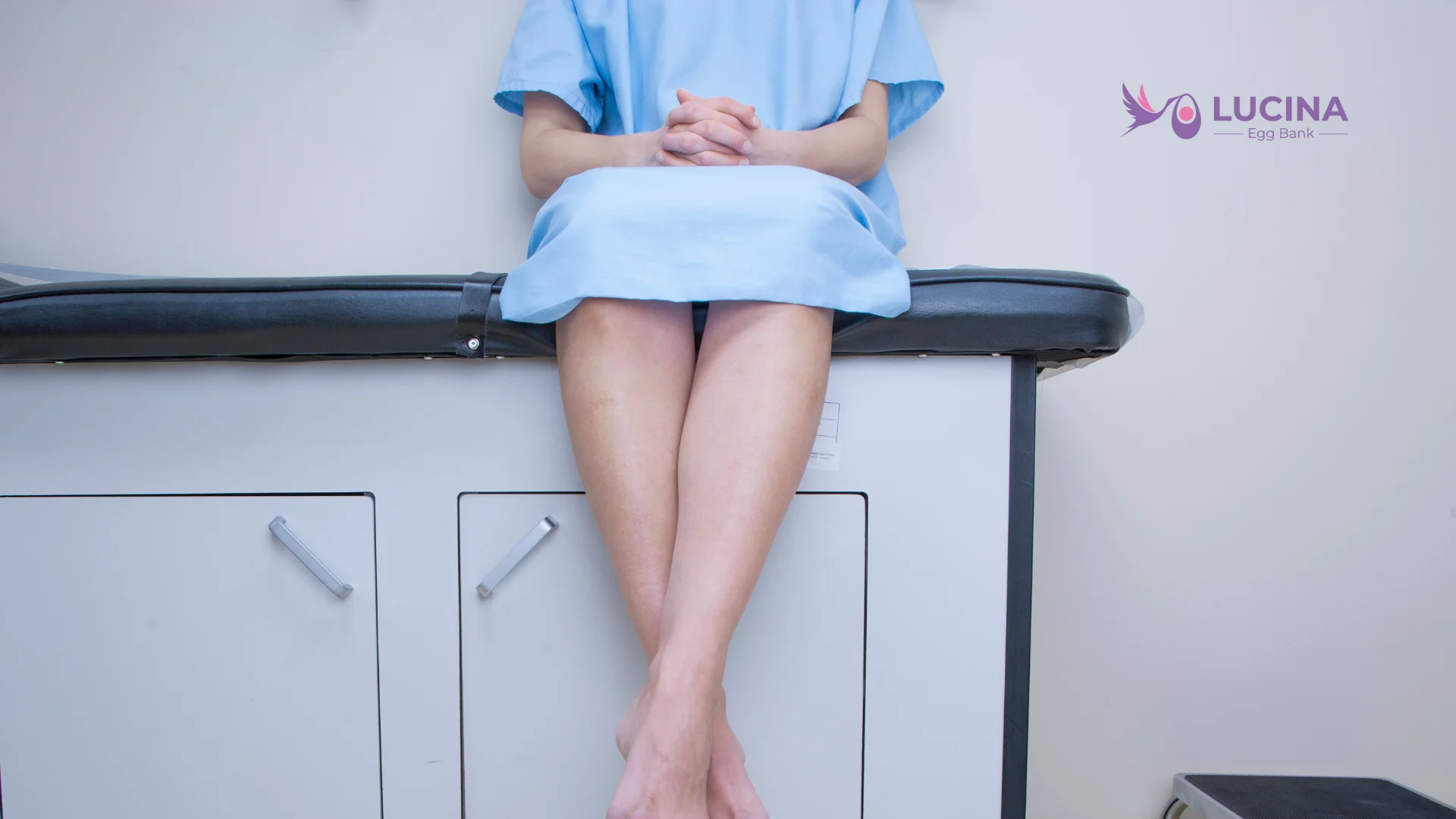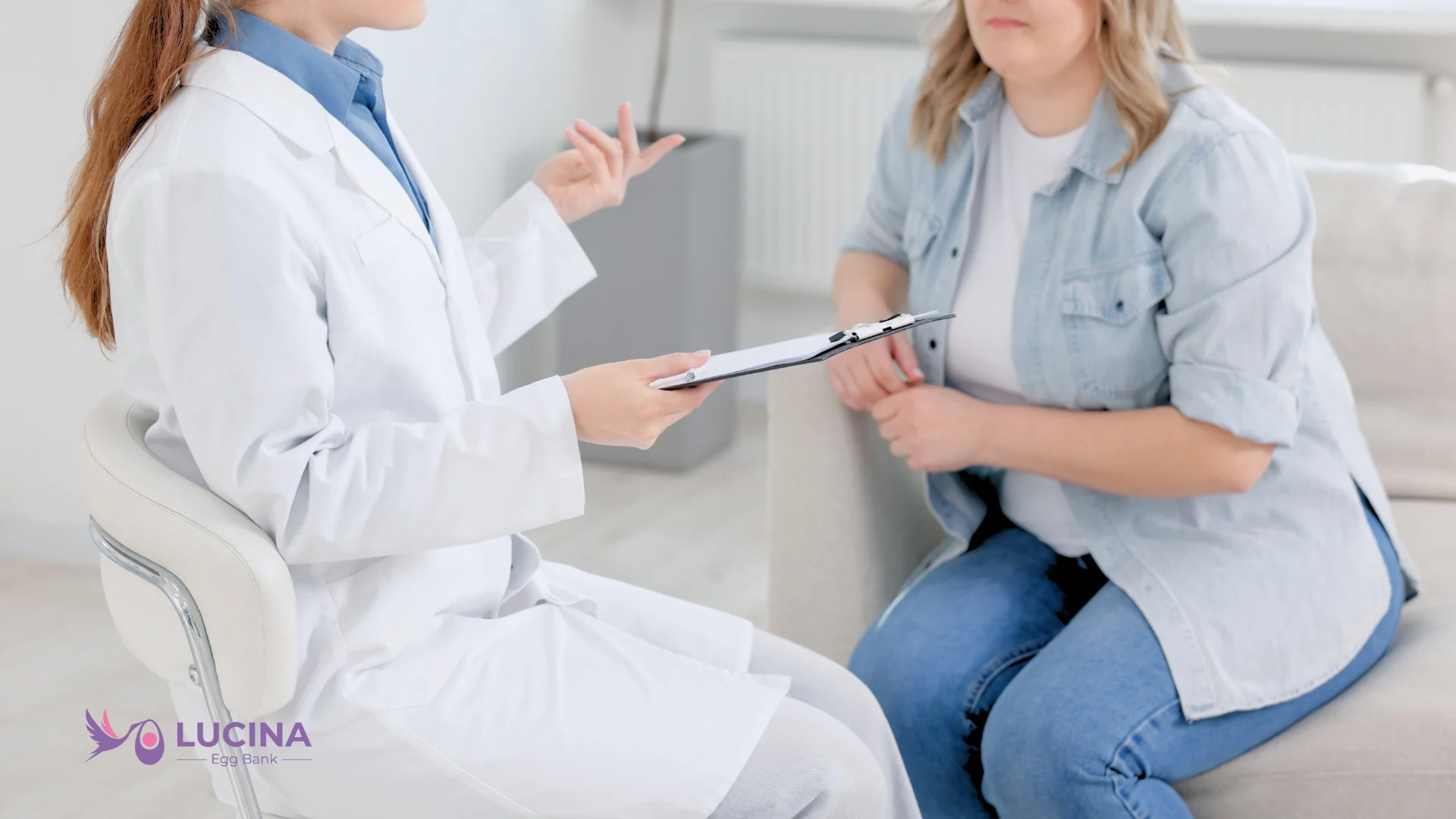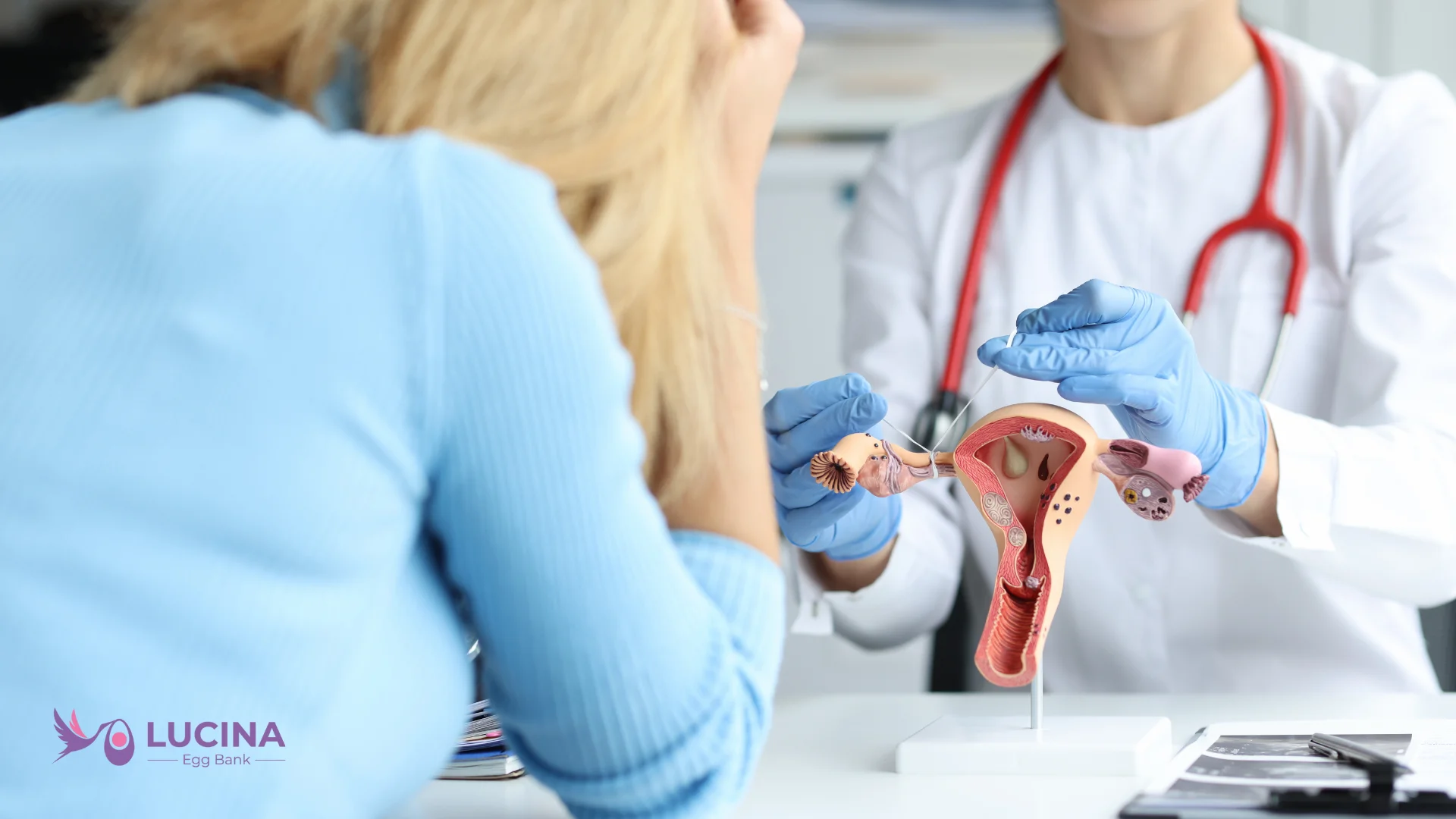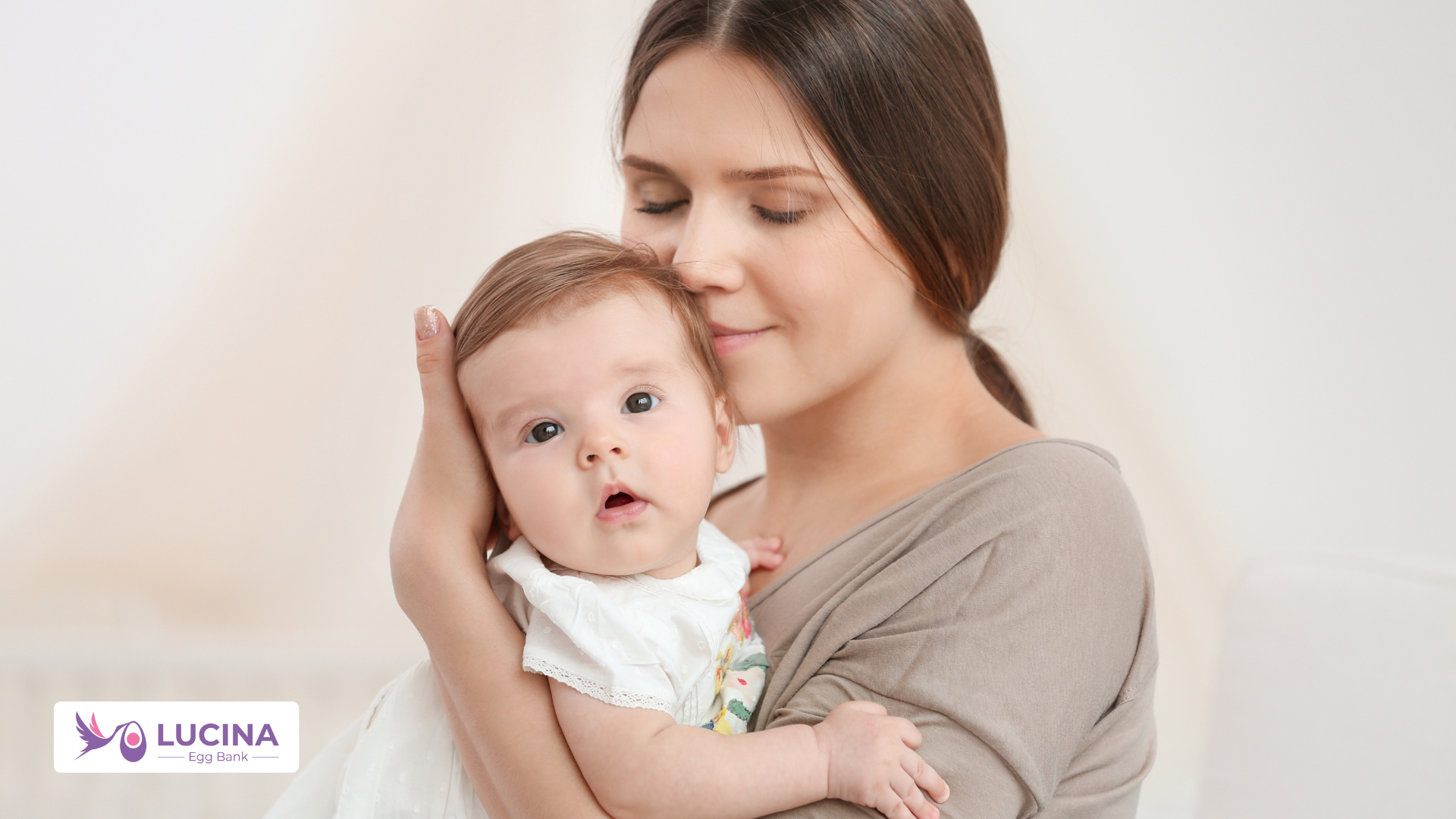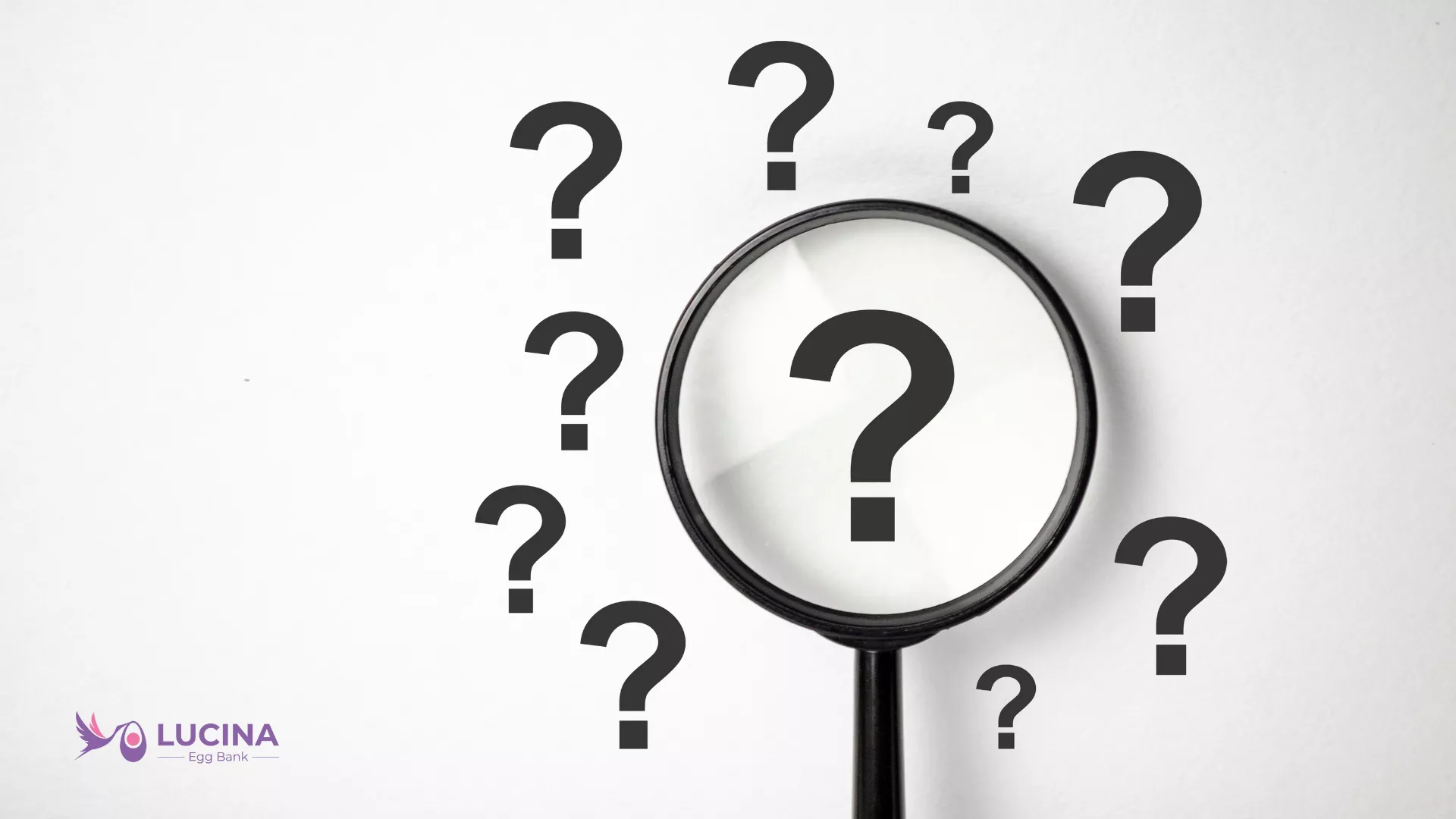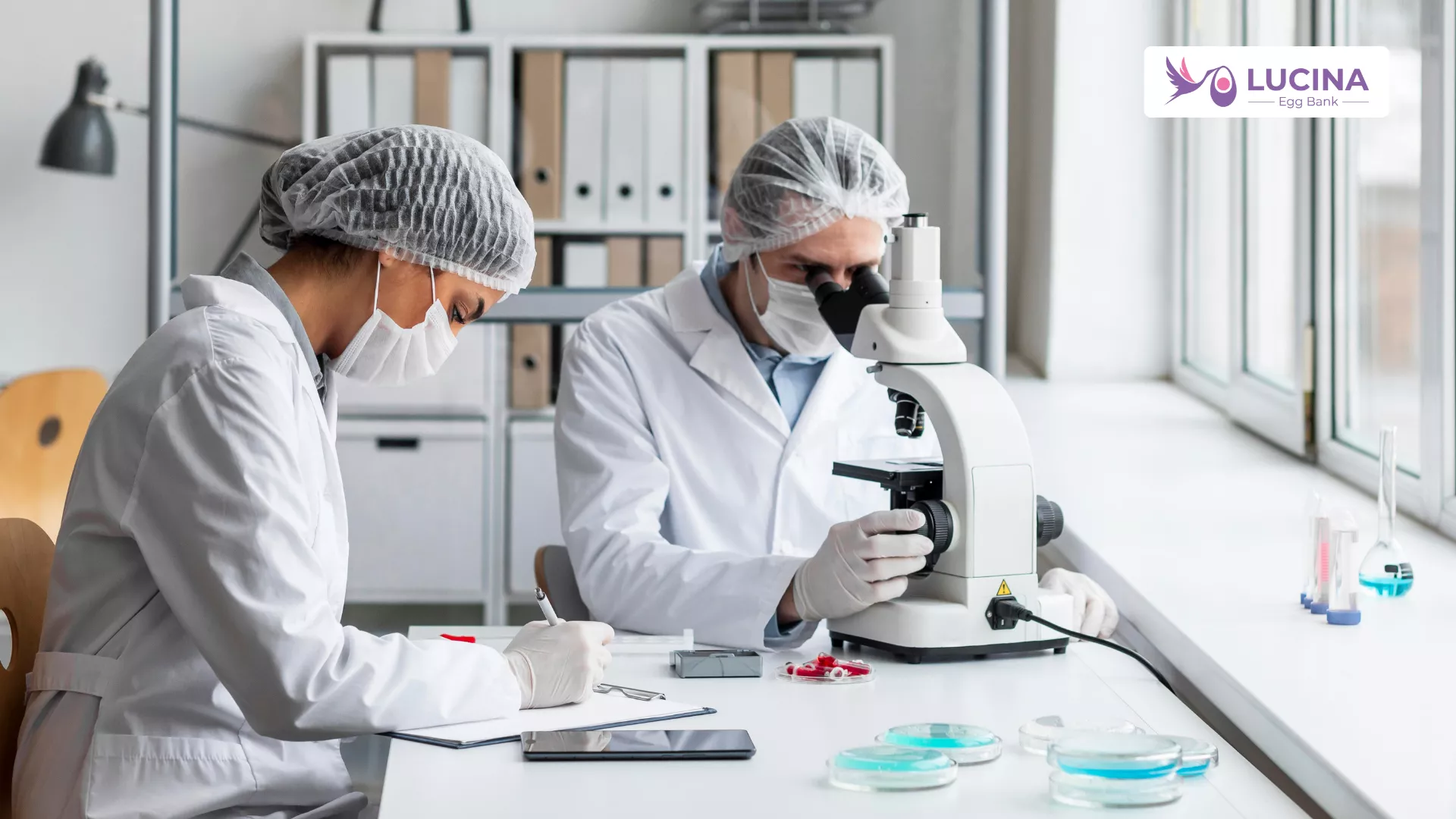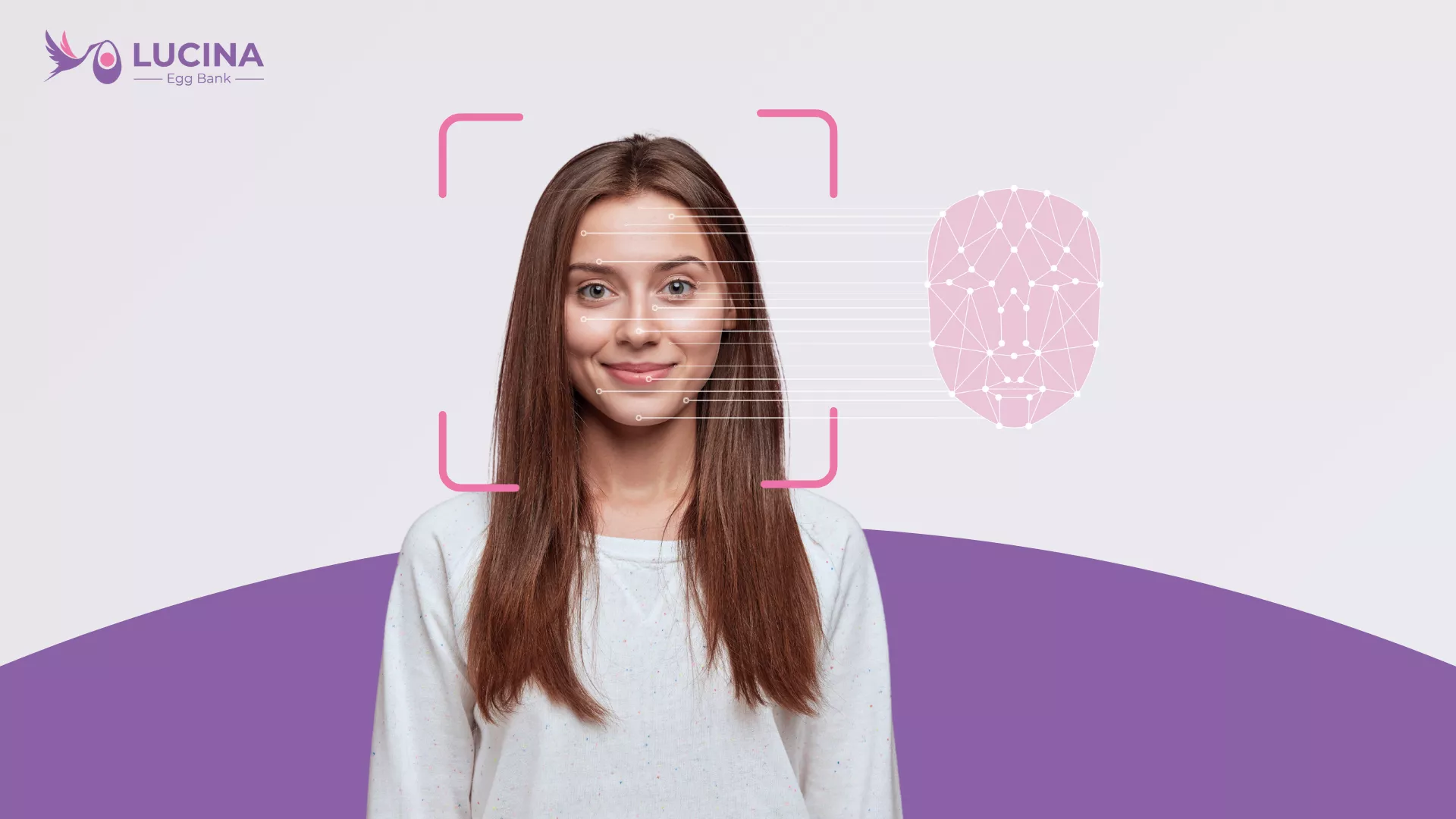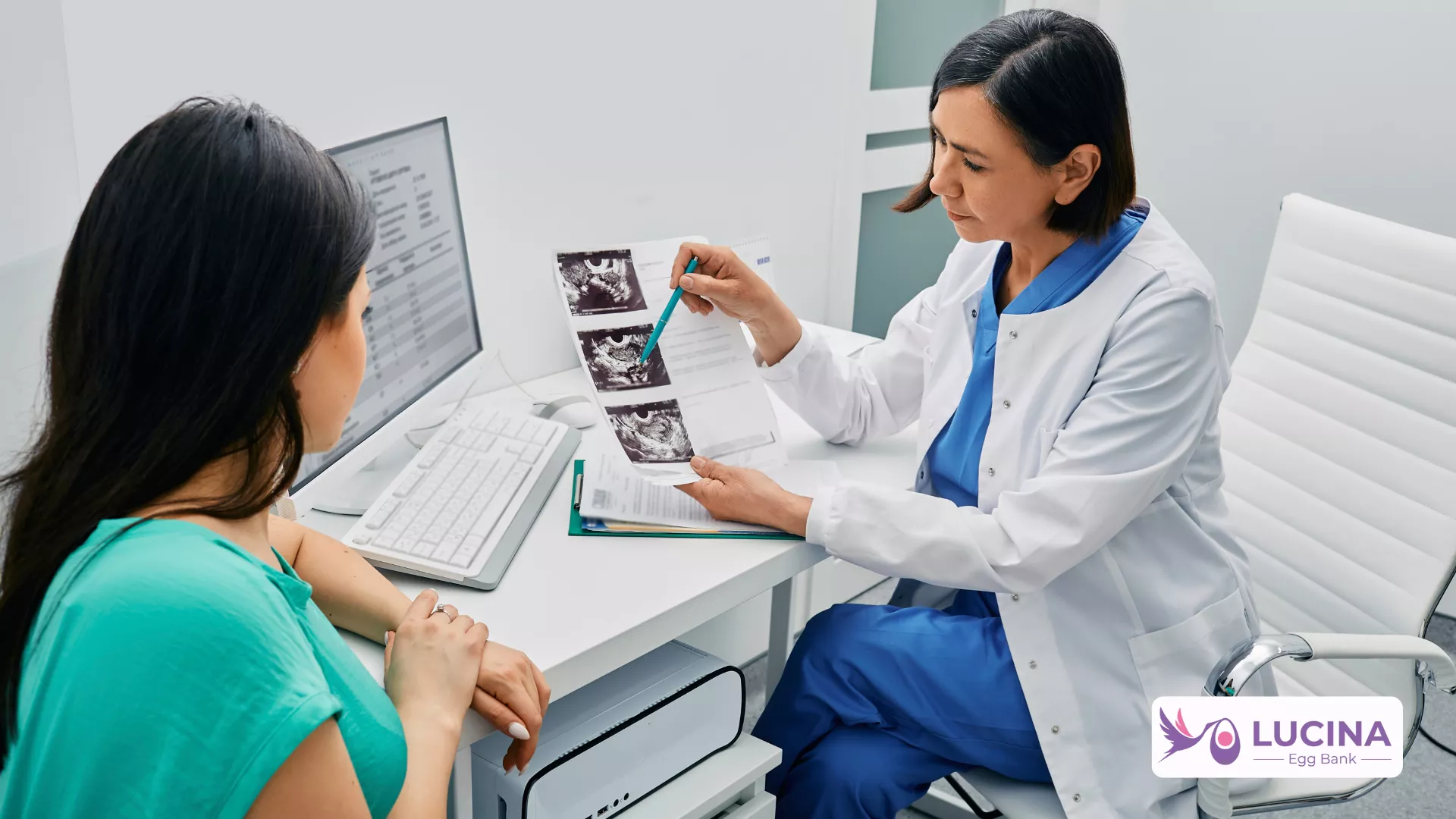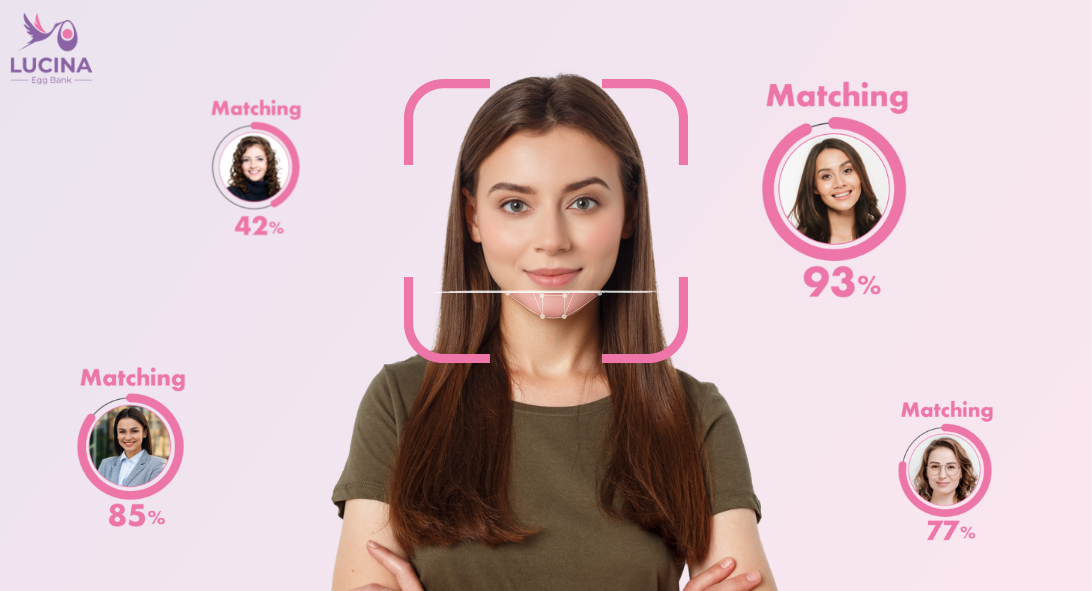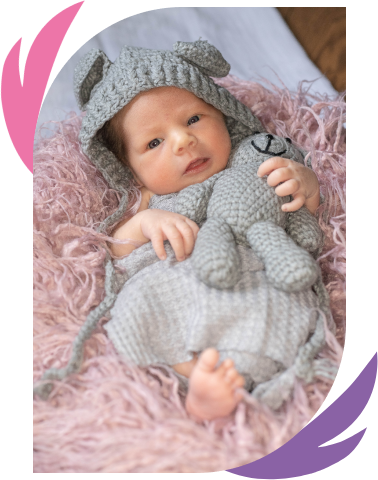Understanding Egg Donor Screening: Ensuring Safety and Quality

Egg donor screening is a critical step in the egg donation process. It protects the health of the egg donor and reduces the risk of passing genetic diseases to the future baby. Screening also ensures intended parents receive high-quality eggs, giving them peace of mind and confidence in their family-building journey.
In this article, we’ll look at what donor screening entails, why it’s important, and how it benefits everyone involved.
Key Takeaways:
- Egg donor screening protects both donors and intended parents by ensuring only healthy and qualified candidates donate eggs.
- Donors undergo physical exams, infectious disease testing, ultrasounds, and hormone assessments to check their reproductive health and prevent medical complications.
- Genetic and karyotype screenings are also carried out to reduce the chances of transmitting inherited diseases to the baby.
- Donors also undergo psychological evaluation to ensure they are mentally and emotionally ready for the donation.
- Prospective donors must meet certain requirements before they can donate eggs.
- The egg screening process takes about four to six weeks to complete.
What Is Egg Donor Screening?

Egg donor screening is the comprehensive evaluation process that takes place before egg donation. It involves a series of medical, genetic, and psychological assessments to determine whether or not the donor is healthy and ready for the journey ahead.
This screening also includes lifestyle and background checks to ensure that potential donors are doing it for the right reasons and can fully commit to the program.
The whole process takes about four to six weeks to complete, depending on the donor’s schedule and how quickly the test results come back.
Medical Testing and Health Evaluations
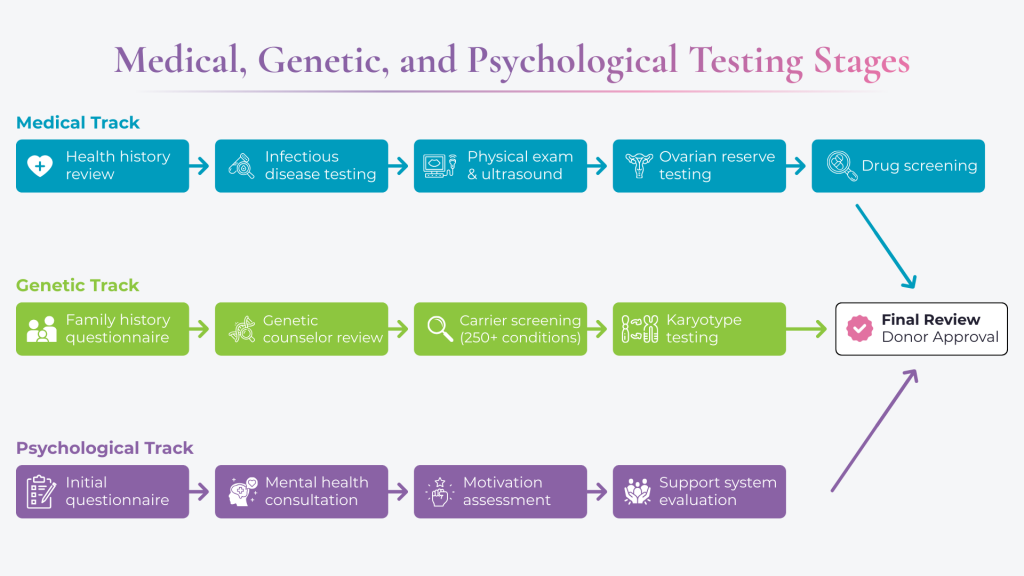
Egg donor screening starts with medical tests to check the donor’s reproductive and overall health and determine if she’s suitable for egg donation.
The doctor reviews the donor’s health history to understand her past and current medical conditions.
The donor then undergoes blood work for infectious diseases like HIV, gonorrhea, syphilis, and hepatitis B and C as recommended by the American Society for Reproductive Medicine (ASRM) and the Food and Drug Administration (FDA).
Once the blood work is completed, the doctor conducts a physical examination, including an ultrasound, to check if her ovaries, uterus, and the entire pelvic anatomy are in excellent condition.
The donor also completes drug screening to be sure the egg donor does not use any illicit substances.
Ovarian reserve testing is then carried out to determine if the donor has plenty of healthy eggs for donation.
Common Medical Tests for Egg Donors
| Test Type | Purpose |
| Blood work for infectious diseases | Checks for HIV, hepatitis, syphilis, and other infections that could be passed on to the baby or intended parents |
| Ovarian reserve testing (AMH, FSH) | Shows if the donor has enough healthy eggs |
| Pelvic ultrasound | Examines the ovaries, uterus, and reproductive organs |
| Physical examination | Reviews overall health and medical history |
| Drug screening | Confirms the donor doesn’t use drugs |
Genetic Testing and Family History Checks

Potential donors are also tested for hundreds of genetic conditions.
The screening begins with a detailed questionnaire where the donor provides information about her personal and family medical history. A genetic counselor reviews her answers to look for any patterns of inherited health conditions.
The donor also undergoes genetic carrier screening to identify any recessive conditions, such as sickle cell anemia, cystic fibrosis, Tay-Sachs disease, and thalassemia.
Karyotype testing may also be performed on the egg donor to check for chromosomal abnormalities that can prevent a successful pregnancy.
Psychological and Emotional Screening
The emotional and psychological assessments ensure the egg donor is mentally and emotionally ready for every aspect of the donation process.
The donor meets with a mental health professional, where she will discuss several key areas of the donation to confirm her readiness. This conversation shows:
- If she understands what egg donation involves and consents to it
- If she can commit to the process once started
- Her motivation for donating eggs (whether she’s being pressured into it, doing it mainly for the compensation, or genuinely wants to help others build a family)
- If she has friends and family who can support her emotionally throughout the process
- How she manages stress and difficult emotions
The applicant’s mental health history is also reviewed during the egg donor psychological evaluation to be sure she’s a good candidate for egg donation.
Women with a history of depression, severe anxiety, substance abuse, schizophrenia, and other psychological disorders may not be eligible to donate eggs.
Lifestyle and Background Assessments
Clinics and agencies also look at the donor’s lifestyle and personal background to identify habits that might affect her egg quality or the donation process.
To achieve this, the donor will be asked to complete a questionnaire about her education, career, hobbies, and interests. This will help determine if she smokes, drinks alcohol, or takes drugs. It will also reveal her exercise habits, travel plans during the donation period, and work schedule.
Background checks are also carried out to confirm the identity and legal status of the potential donor.
Note: To qualify for screening, applicants need to meet these basic egg donor qualifications:
- Be between the ages of 19 to 31
- Have a BMI between 18 to 28
- Be a non-smoker
- Have regular menstrual cycles
- Not be on hormonal contraceptives
- Have not had a sexually transmitted disease (STD) in the past 12 months
- Have no prior history of drug use
How Screening Protects Donors and Families
Egg donor screening benefits both the egg donor and the intended families. It ensures that donors are healthy and can undergo ovarian stimulation and egg retrieval safely.
While these procedures are very safe, screening helps identify donors who are more likely to have complications.
Egg donors also learn the details about the process during screening. They know the medications to take, tests to undergo, and feelings to expect before committing to the program. This helps them prepare physically and emotionally for the donation.
Screening also gives the intended parents confidence to move forward with their journey, knowing the donor has been thoroughly evaluated.
Lucina’s Comprehensive Screening Standards

At Lucina, we maintain stringent screening standards to ensure the safety of our egg donors and provide intended parents with the best-quality eggs for their journey.
Our donors are carefully vetted and thoroughly screened according to the ASRM and FDA guidelines.
The screening process begins with a consultation with our medical team, where we clearly explain each test and answer questions to make sure donors completely understand what lies ahead.
We then conduct extensive medical screening to check for infectious diseases and drug use. Our doctors also perform a physical exam and ultrasounds to determine the donor’s reproductive and general health.
We also check hormone levels and ovarian reserve to be sure donors have enough viable eggs for donation. Genetic screening is also carried out to test our donors for various hereditary conditions as recommended by the American College of Medical Genetics and Genomics (ACMG).
Our egg donor psychological screening is handled by certified mental health professionals to ensure that donors are emotionally prepared for the journey.
From the initial consultation to the egg retrieval, we provide our donors with the highest level of care and support throughout the program.
FAQs
What Does Egg Donor Screening Include?
Egg donor screening includes medical exams, blood tests, genetic testing, psychological evaluation, and lifestyle assessment to ensure the donor’s health and safety.
Why Is Screening So Important?
It minimizes medical risks, ensures high-quality eggs, and protects the health of the donor and the intended parents.
How Long Does The Screening Process Take?
The screening process typically takes between 4–6 weeks.
What Tests Do Egg Donors Go Through?
Potential egg donors go through different tests during the screening process. These include blood work, drug tests, genetic screening, ultrasounds, and physical exams.
Are Genetic Tests Required For All Donors?
Yes, all donors need to undergo genetic tests before donation. At Lucina, we perform comprehensive genetic testing to prevent the transfer of inherited conditions and ensure healthy embryos.
Which Conditions Are Screened For During Genetic Testing For Egg Donors?
Egg donors are often tested for sickle cell anemia, cystic fibrosis, Tay-Sachs disease, thalassemia, etc.
Is Donor Screening Confidential?
Absolutely. All results and personal information remain private and secure under Lucina’s confidentiality standards.
Take the First Step with Confidence
Egg donation is an incredible and highly rewarding journey. It gives donors a chance to make a big difference in another person’s life and offers intended parents a path to the family they so much desired.
Ready to become an egg donor? Review our egg donor health requirements today to see if you qualify and submit your application.
If you are looking to start a family through egg donation, explore our extensive donor database to find your ideal match and schedule a consultation with our team to get started.
Table of Contents
- Key Takeaways:
- What Is Egg Donor Screening?
- Medical Testing and Health Evaluations
- Genetic Testing and Family History Checks
- Psychological and Emotional Screening
- Lifestyle and Background Assessments
- How Screening Protects Donors and Families
- Lucina’s Comprehensive Screening Standards
- FAQs
- Take the First Step with Confidence


